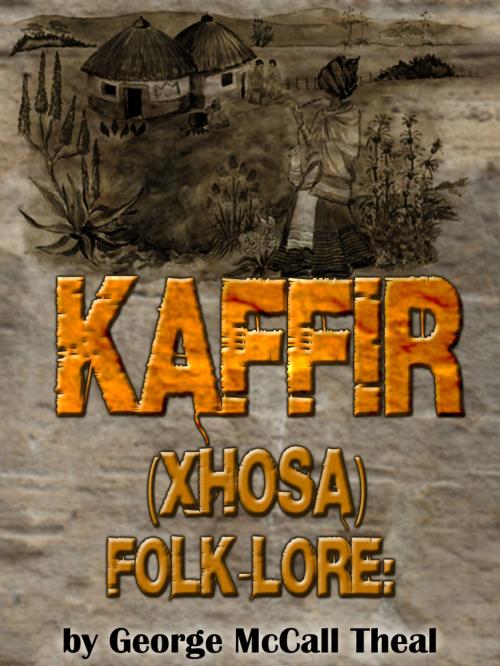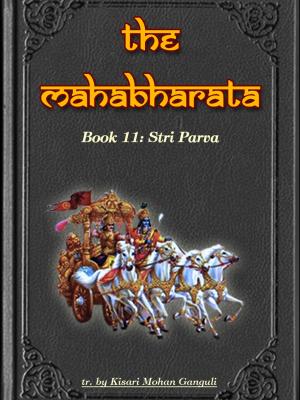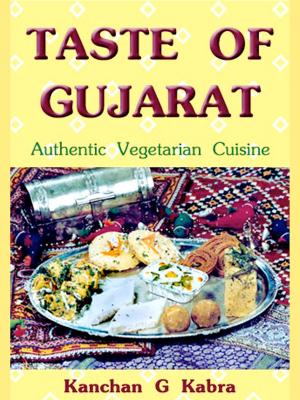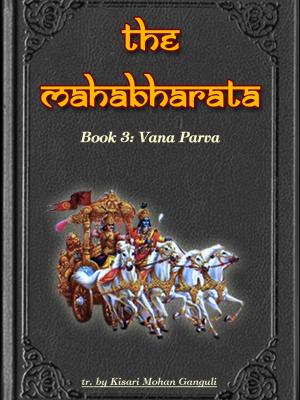Kaffir (Xhosa) Folk Lore
Nonfiction, History, Africa, South Africa, Religion & Spirituality, Theology, Fiction & Literature, Classics| Author: | Georg McCall Theal | ISBN: | 1230000030670 |
| Publisher: | AppsPublisher | Publication: | November 15, 2012 |
| Imprint: | Language: | English |
| Author: | Georg McCall Theal |
| ISBN: | 1230000030670 |
| Publisher: | AppsPublisher |
| Publication: | November 15, 2012 |
| Imprint: | |
| Language: | English |
Kaffir (Xhosa) Folk Tales
by Georg McCall Theal
"[A collection of folklore from the Kaffir people of South Africa.]
By the 15th century, the word kafir/kuffir was used by Muslims in Africa to refer to the non-Muslim African natives. (Kafir translated means infidel / disbeliever.) Many of those kuffar, were enslaved and sold by their Muslim captors to European and Asian merchants, mainly from Portugal, who by that time had established trading outposts along the coast of West Africa. These European slave traders adopted that Arabic word to refer to their captives, and eventually changed it into many forms — cafre (in Portuguese, Spanish and Greek), caffar, kaffer, kaffir, kafir, etc. (in English, Dutch, and Afrikaans); see South Africa Kaffir people. Those words were then used to name many things related to Africa, such as the Kaffir Wars, Kaffraria, kaffir lime, kaffir corn, and so on...
Some of those African slaves were taken by the Portuguese to work in their colonies in Asia. In some cities of Sri Lanka, in particular, the descendants of those slaves still constitute a distinctive ethnic group, who call themselves Kaffir.
In South Africa the word kaffir eventually became a racial slur, applied pejoratively or offensively by some whites to African blacks or to dark-skinned persons in general."
Kaffir (Xhosa) Folk Tales
by Georg McCall Theal
"[A collection of folklore from the Kaffir people of South Africa.]
By the 15th century, the word kafir/kuffir was used by Muslims in Africa to refer to the non-Muslim African natives. (Kafir translated means infidel / disbeliever.) Many of those kuffar, were enslaved and sold by their Muslim captors to European and Asian merchants, mainly from Portugal, who by that time had established trading outposts along the coast of West Africa. These European slave traders adopted that Arabic word to refer to their captives, and eventually changed it into many forms — cafre (in Portuguese, Spanish and Greek), caffar, kaffer, kaffir, kafir, etc. (in English, Dutch, and Afrikaans); see South Africa Kaffir people. Those words were then used to name many things related to Africa, such as the Kaffir Wars, Kaffraria, kaffir lime, kaffir corn, and so on...
Some of those African slaves were taken by the Portuguese to work in their colonies in Asia. In some cities of Sri Lanka, in particular, the descendants of those slaves still constitute a distinctive ethnic group, who call themselves Kaffir.
In South Africa the word kaffir eventually became a racial slur, applied pejoratively or offensively by some whites to African blacks or to dark-skinned persons in general."















